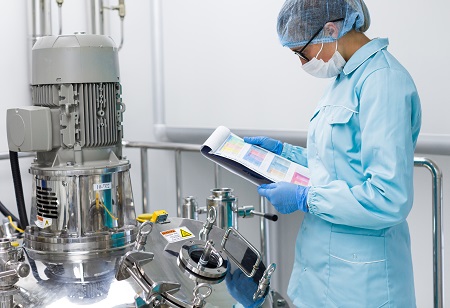India Pharma Outlook Team | Friday, 23 February 2024

The drug regulatory department in the state of Jharkhand is planning to conduct a workshop to raise awareness on maintaining the quality of medicines for the drug manufacturers and distributors who supply medicines for the state's needs.
According to sources from the department, the sensitization workshop is expected to take place next month, and all drug suppliers, mainly from northern India, will be invited to attend. This program is being conducted because of the detection of substandard and not-of-standard-quality (NSQ) drugs among batches of medicines supplied to hospitals and markets by manufacturers and distributors, said Sumanta Kumar Tiwari, joint drug controller of Jharkhand.
He added that the workshop aims to remove substandard, NSQ, spurious, or counterfeit products from the drug market. Last month, the Principal Sessions Court in the Jamtara district penalized a drug manufacturer from Indore in Madhya Pradesh under Section 27 (d) of the Drugs and Cosmetics Act for supplying NSQs to a hospital drug store in the district.
The JDC stated that regulators have found that the major suppliers of substandard products are distributors from Madhya Pradesh, Uttarakhand, and Baddi in Himachal Pradesh. When asked which state's drugs are of the best quality, Tiwari said that medicines manufactured by companies in the southern Indian states need to be projected as the number one in quality compared to those available from other parts of the country, especially from Himachal Pradesh and Uttarakhand.
Regarding quality, the department's Joint Director praised the companies from Tamil Nadu, Telangana, and Karnataka for their quality aspects, stating that no substandard or not-of-standard-quality drugs have been found in the supplies of these states in the last three years.
He also said that equal significance can be given to the states of Gujarat and Maharashtra. He said the agency's inspectors conduct monthly inspections of hospitals, supply chains, state pharmaceuticals, traders, and dealers. Consumers and manufacturers focus on Jharkhand while exploring the entire state, but criminals use many places along the border. He told Pharmabiz that out of the 370 drug samples collected by inspectors last year, only 30 were of low quality.
In January this year, DTL made eight arrests in NSQ statewide. The department currently has 30 drug inspectors, one JDC, four DDCs, and one director. The government plans to hire 81 drug inspectors soon to strengthen enforcement efforts. There are a total of 23,000 clinics in the state, including 13,000 hospital-run clinics.